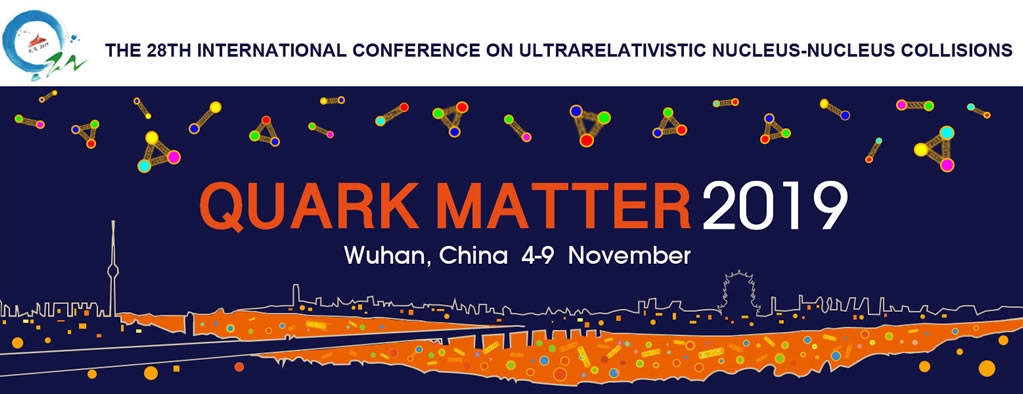Speaker
Description
Jets engender physics over a multitude of scales, from the hardest interactions in a heavy-ion collision (up to a TeV at the LHC), down to the scale of the freeze-out temperature. A complete description of jet modification must address the role and interplay of the physics at each of these scales and their effect on a wide variety of integrated and differential jet observables.
In this talk, we present such a comprehensive study by performing a model-to-data comparison for leading hadrons, inclusive jets, and jet substructure observables [1,2]. Using the JETSCAPE framework [3], we succeed in providing a simultaneous description of the nuclear modification factor for single hadrons and jets, jet shape, and jet fragmentation function within a unified multi-stage framework which spans multiple centralities, energies and jet radii. This multi-scale approach includes a high virtuality (radiation dominated) generator (MATTER), followed by an on-shell energy loss generator (LBT/MARTINI) or a strongly coupled drag energy loss (AdS/CFT) stage [4]. Each stage transitions to the next at a parton-by-parton level, depending on local quantities such as the parton’s energy, virtuality, and the local density. Measurements of jet and single hadron $R_{AA}$ set strong constraints on the phase-space available for each stage of the energy-loss. We also incorporate jet-medium response through a weakly-coupled transport description with recoil particles excited from the QCD medium. We highlight the central role played by recoil in the description of both integrated jet observables and the sub-structure of the jet.
[1] JETSCAPE Collaboration, C. Park et al., PoS HardProbes2018 (2019) 072.
[2] JETSCAPE Collaboration, Y. Tachibana et al., PoS HardProbes2018 (2019) 099.
[3] JETSCAPE Collaboration, J. H. Putschke et al., arXiv:1903.07706 [nucl-th].
[4] JETSCAPE Collaboration, S. Cao et al., Phys. Rev. C96 (2017) 024909.




